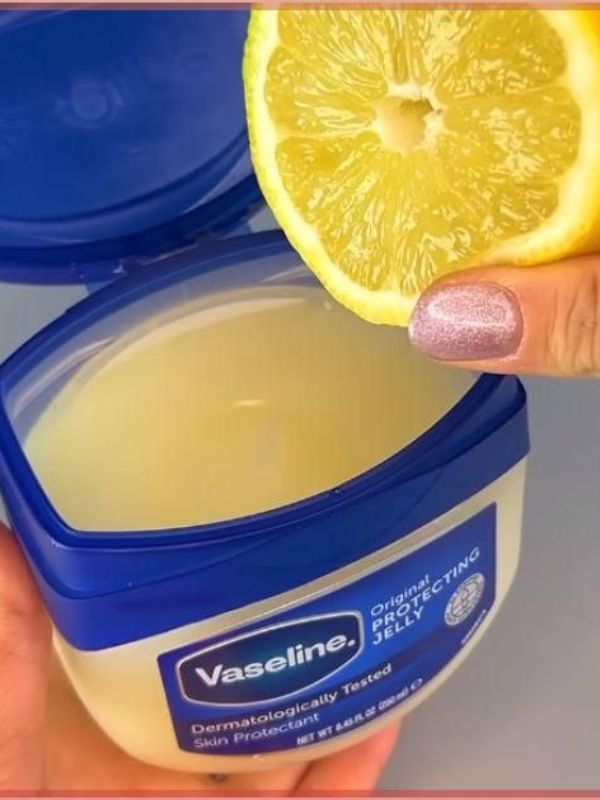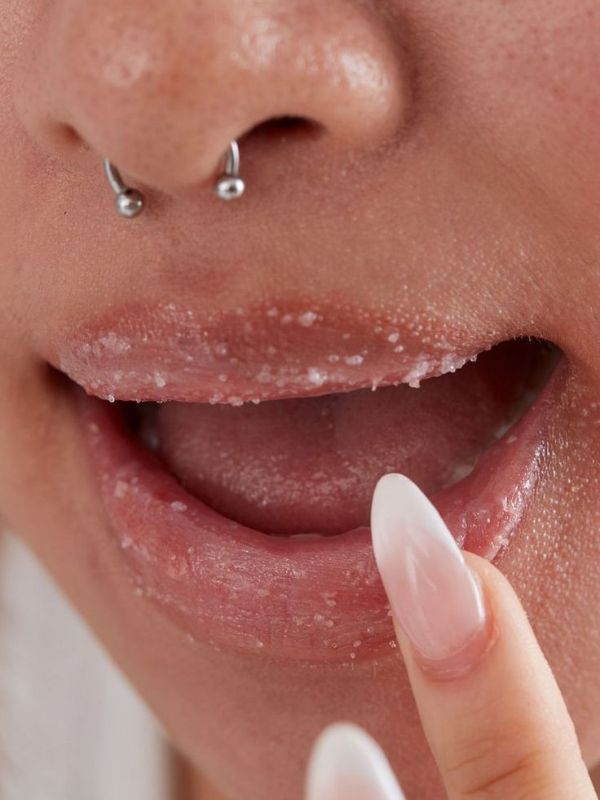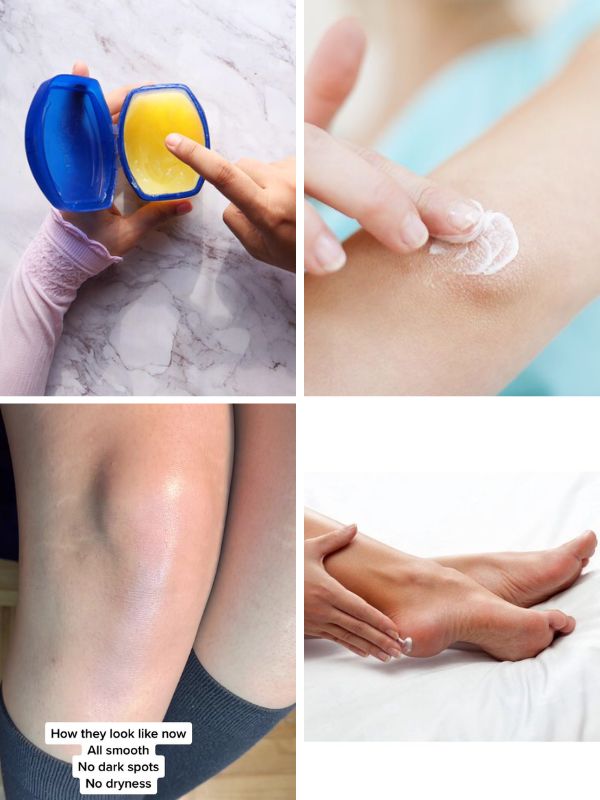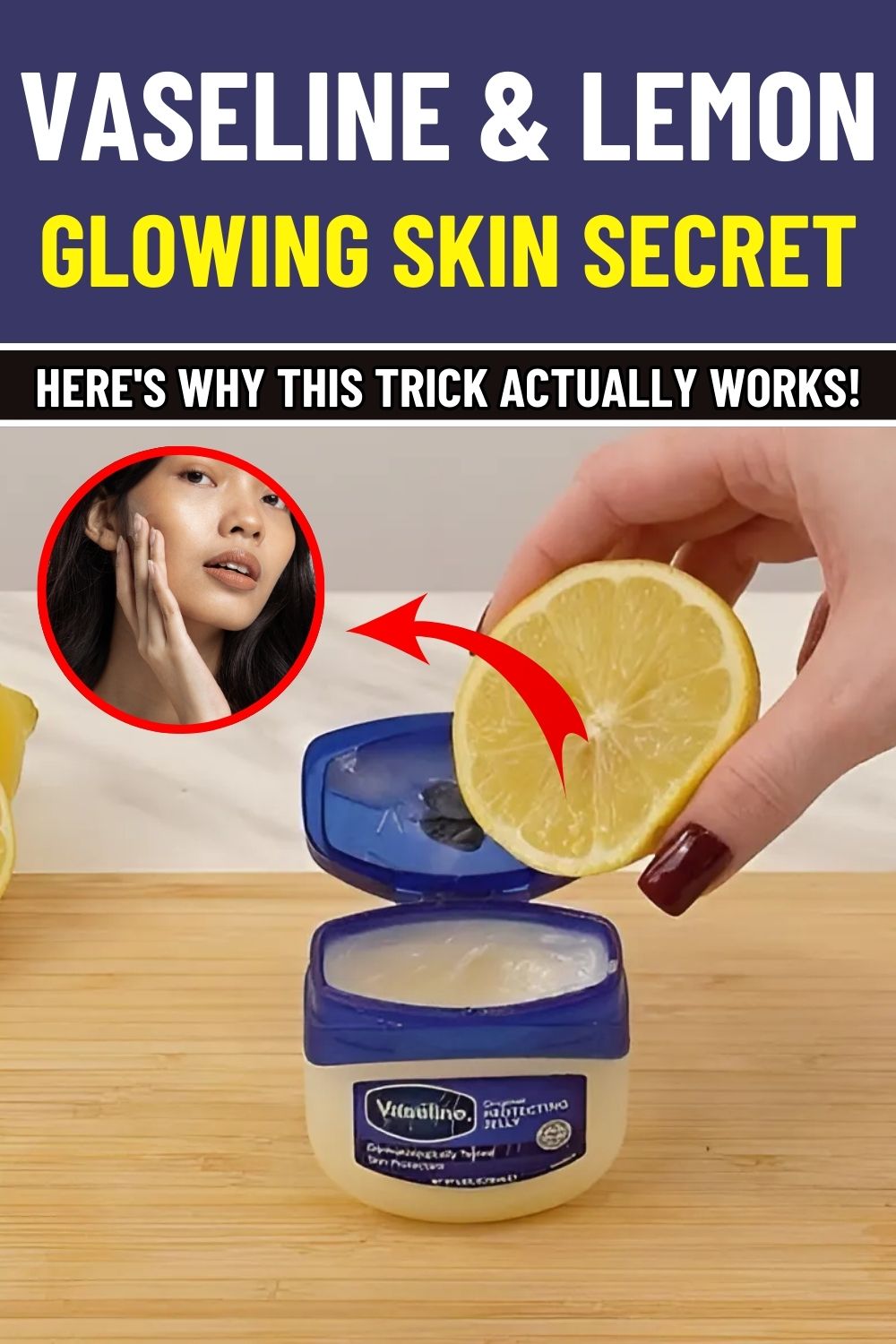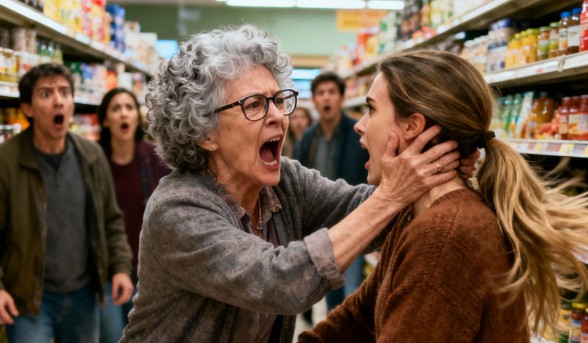I’m writing this from my new apartment, three states away from the people I used to call my family. My daughter, Emma, is asleep in her room — surrounded by books, toys, and art supplies, safe in her own little world.
The silence here feels strange and beautiful. After thirty-one years of noise, cruelty, and chaos, peace feels almost like a foreign language. But I’m learning. Slowly, quietly, I’m learning.
Let me tell you how it all fell apart — or maybe how I finally woke up.
The Supermarket Incident
It happened on a Thursday afternoon in March, just two weeks before Emma’s seventh birthday.
For months, I had been saving every spare dollar from my part-time job at the library. It wasn’t much, but the library was my quiet refuge — the one place where I could breathe. I walked to work instead of driving, skipped lunches, and mended old clothes instead of buying new ones. I wanted to give Emma a proper birthday gift — something special that would make her eyes light up.
She had been dreaming about a particular doll for months — one of those collectible dolls with fancy, historical dresses and tiny accessories. It wasn’t extravagant, but it was more than I could usually afford. So when I saw it on a store shelf that day, sitting under a bright yellow 20% off sign, I felt like the universe was giving me a sign.
My heart pounded as I picked it up and placed it in the cart. Emma was holding my hand, looking up at me with that pure, glowing joy only children have. For the first time in months, I felt proud of myself — like I was doing something right.
And then, like a nightmare breaking into daylight, I heard her voice.
“Melissa! Melissa, is that you?”
My mother.
The sound made my stomach twist. I turned around and saw her, standing near the produce section with my father, my sister Hannah, and Hannah’s two daughters — Madison and Sophia.
Hannah, three years older than me, had always been the golden child. The perfect one. She could do no wrong. I could do no right. It had always been that way.
Before I could even process the sight of them, my mother stormed toward me, her face red with fury. My father followed with his usual grim look, while Hannah lingered behind them, wearing that smug smile she’d perfected her whole life.
And then it happened.
My mother slapped me.
The sound echoed down the aisle — a sharp, ugly crack that seemed to stop time. My cheek burned, my ears rang, and the world tilted.
“How dare you?” she screamed, loud enough for everyone in the store to hear. “How selfish can you be?”
I stood frozen, humiliated, my daughter clinging to my leg and sobbing.
My mother’s eyes locked on the doll in my arm. Her lip curled.
“You bought this for her?” she snapped, pointing at Emma as if she were something dirty. “What about Hannah’s kids? What about Madison and Sophia? Don’t they deserve something too?”
My father grabbed my shoulder, his fingers digging in painfully. “Your sister has two kids to support. You’re wasting money on unnecessary junk for a spoiled girl.”
Every word landed like a punch. I felt the eyes of strangers on us — shocked, curious, pitying.
“Mom,” I stammered, “it’s for Emma’s birthday. I saved up for—”
But I didn’t get to finish. My mother yanked the doll out of my hands.
Emma screamed, reaching for it, tears spilling down her cheeks. “Please! That’s mine! Mommy bought it for me!”
“Be quiet, you ungrateful child!” my mother hissed. Then she turned to Madison, Hannah’s oldest daughter, and with a bright, fake smile said, “Here, sweetheart. This is for you.”
Madison grinned, taking the doll without hesitation. She knew what was happening — she’d seen it before. Hannah stood there, arms crossed, proud and silent, letting it happen.
“Let’s see if you ever dare buy something for her again,” my mother said, her voice dripping with satisfaction.
I felt something break inside me. I could almost hear it — a soft, final snap deep in my chest.
Emma was crying uncontrollably, shaking with grief. I held her close, whispering that it was okay, even though it wasn’t. My cheek still stung. My heart hurt worse.
Hannah began picking out expensive clothes for her girls — dresses, shoes, accessories — while my parents followed behind her, praising every choice.
“Oh, that color will look perfect on Madison!” my mother said.
“Good idea, Hannah,” my father added.
I stood there, holding my daughter, watching them pile hundreds of dollars worth of things into their cart — while my child’s one small birthday gift had been ripped from her hands.
Something inside me shifted forever.
The Breaking Point
I stepped forward, voice trembling but steady. “What about Emma?” I asked. “If you’re buying things for Madison and Sophia, what about my daughter?”
The air went still. My mother’s face twisted in rage, but before she could speak, my father grabbed my arm and Emma’s, dragging us toward the exit.
“Don’t you ever question your sister!” he shouted. “She’s successful. She has a real life. You’re just jealous!”
Outside in the parking lot, he shoved us away. Emma clung to me, terrified.
“The money’s wasted on that kid anyway!” he barked. “You two are worthless.”
Then he laughed — that same cruel laugh that had haunted my childhood. “Still think your little girl deserves nice things? You’ll never learn your place.”
That was it. That was the moment something inside me died — and something else was born.
I got Emma in the car, buckled her in, and drove away. My hands shook the whole time.
That night, after Emma fell asleep, I sat in silence and made a decision. I wasn’t going to keep living like this. I wasn’t going to let them break my daughter the way they had broken me.
The Escape Plan
I opened my laptop and started searching — jobs in other states, affordable housing, legal help for cutting ties with toxic family members.
By 3 a.m., I had a plan scribbled in messy, tear-stained handwriting.
The next day, I started making calls. A family lawyer in Vermont agreed to a free consultation. I applied for three library jobs. I began looking into restraining orders.
My phone buzzed nonstop. Angry texts from my mother:
“You embarrassed us.”
“You made Madison cry.”
“You owe Hannah money for the clothes she bought.”
I deleted every message without reading them twice.
Three days later, Hannah called. “Mom says you’re ignoring her. That’s childish, Melissa.”
I said nothing.
“Anyway, Madison’s birthday is next month,” she continued. “Mom thought we could do a joint party with Emma. You can help pay for it.”
I laughed — a short, bitter sound that surprised even me. “You’re unbelievable.”
“Stop being dramatic,” she snapped. “It was just a doll. Madison appreciates it more than Emma ever would.”
I hung up.
And that was the final confirmation: they would never change.
Two weeks later, I got a job offer from a library in Burlington, Vermont. The pay was better, and they even offered help with moving costs.
I didn’t tell anyone.
When the moving truck pulled up outside my apartment, my mother happened to drive by. She called me seventeen times in one hour. When I didn’t answer, she left a voicemail screaming that I was selfish, ungrateful, and destroying the family.
Her last words before I blocked her were:
“Don’t think you can just run away and start fresh. We’ll find you.”
But she didn’t.
We left the next morning.
A New Beginning
Burlington was everything I’d hoped for. The library was bright and welcoming. Emma’s new school was small, kind, and safe. We found a little apartment with two bedrooms and a park nearby.
For the first time, Emma had her own space. She chose purple paint for the walls and decorated it with stars and fairy lights. She called it her “dream room.”
The first few months were hard. I had to explain why we couldn’t see her grandparents or cousins anymore. How do you tell a seven-year-old that her family doesn’t love her the way they should?
I didn’t. I just told her that sometimes, family isn’t safe, and that our new life was about being happy and free.
We built new traditions — pancakes on Saturdays, park walks on Wednesdays, story time on Sundays. Slowly, the shadows faded.
Healing
Six months later, I started therapy. My counselor, Dr. Chen, helped me unpack thirty-one years of emotional abuse.
She told me what I’d lived through wasn’t “family conflict” — it was manipulation and scapegoating. It wasn’t my fault.
She asked about my earliest memory of being treated differently from Hannah. I told her about Christmas morning when I was six. Hannah got a brand-new bike. I got a used doll. When I asked why, my father said I should be grateful for anything. My mother added that Hannah deserved more because she was “prettier and smarter.”
Dr. Chen nodded gently. “You learned very young that love had conditions,” she said. “But you’re breaking that cycle with Emma.”
That sentence stayed with me.
The Last Contact
Two years after the supermarket incident, I got a message on Facebook from Madison — now eleven.
“Why did you take Emma away? Grandma says you’re mean and jealous. She wants to see Emma.”
I knew it wasn’t really Madison writing. It was my mother, using a child to spy on me.
I replied once:
“Emma is safe, happy, and loved. Please don’t contact us again.”
Minutes later, I got a new message from my mother’s fake profile:
“How dare you! I’ll take you to court!”
I sent everything to my lawyer. She drafted a cease-and-desist letter. After that, the messages stopped.
For the first time in my life, the silence was total. And it was beautiful.
Building a Life
Time passed gently. I was promoted to head librarian. I met Marcus — a kind history teacher who treated both me and Emma with real care. We got married in a small ceremony surrounded by friends who had become our chosen family.
No drama. No shouting. Just laughter, warmth, and peace.
Ten years later, Emma got into a top art program at a university in Boston — on a full scholarship. The night before she left, we sat on the balcony watching the stars.
“I looked them up once,” she said softly. “Grandma, Grandpa, Aunt Hannah. They haven’t changed.”
“I’m sorry you had to see that,” I told her.
She smiled. “Don’t be. You saved me, Mom. You gave me a real life.”
I cried then — not from sadness, but from gratitude.
“You were always worth it,” I whispered. “Every single thing I did was for you.”
Peace
Now, as I sit here in my quiet apartment — with Marcus reading in the next room and Emma’s art still hanging on the walls — I think back to that day in the supermarket. The slap. The laughter. The cruelty.
People like to say forgiveness is necessary for healing. But I disagree.
Sometimes, healing means letting go completely — acknowledging that some people are toxic, and that you deserve better.
I haven’t forgiven them. I don’t need to. They no longer have power over me.
The real victory isn’t in forgiveness — it’s in freedom.
I walked out of that store with nothing but my child and my dignity.
And in the end, those were the only things worth keeping.

